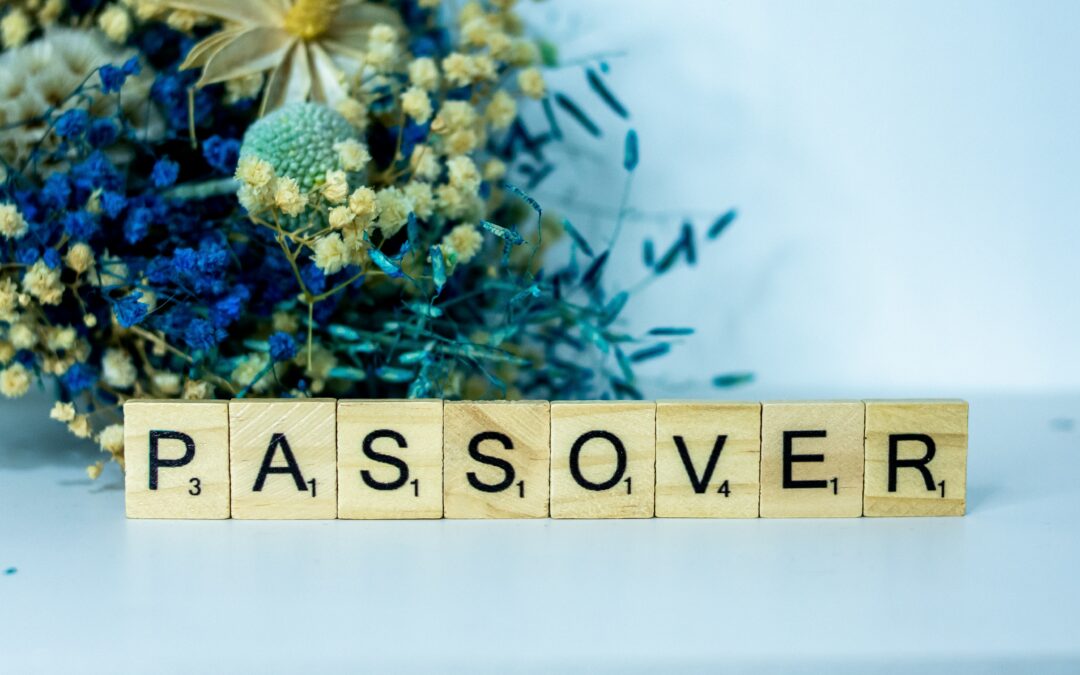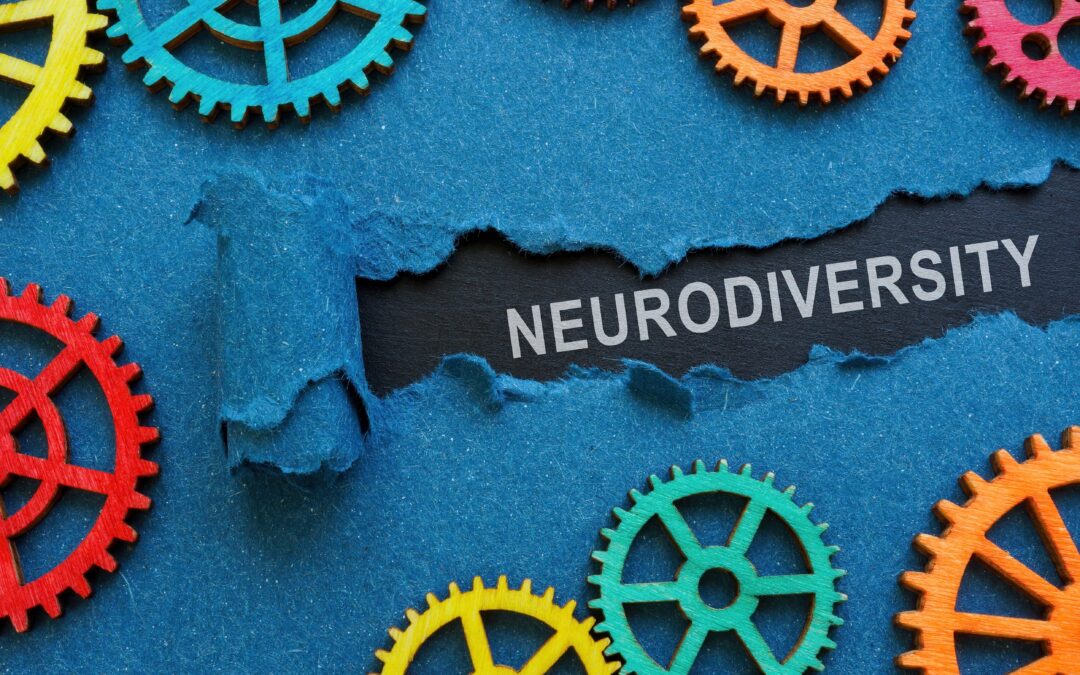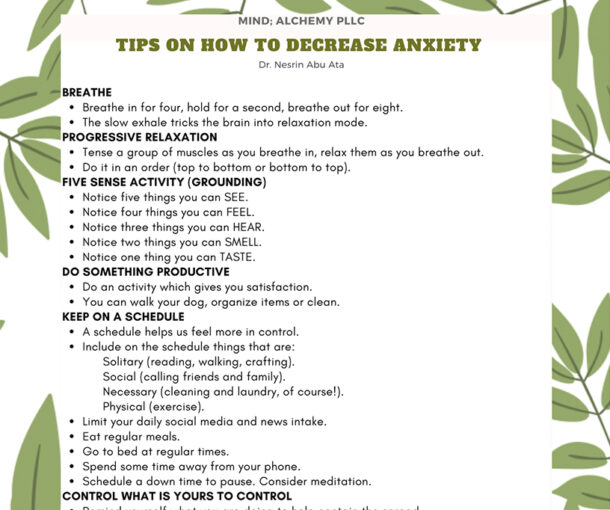As you read this article, I want you to write down the first words that you tell yourself when you fail, or when something doesn’t go your way, or a friend does not return your phone calls or when you have financial or health stressors.
Most of us understand compassion for others; it is central to most world religions. The golden rule is “do unto others as you would have them do unto you.” Self-compassion implies learning to treat ourselves the way we would treat others when they suffer or fail.
There has been ample research about the benefits of self-compassion. Self-compassion has been found to be linked to a decrease in negative mind-states such as anxiety, depression, stress, rumination, perfectionism and shame (Zessin, Dickhsuser & Garbadee, 2015). It also has been linked to an increase in positive mind states such as life satisfaction, happiness, connectedness, self-confidence, optimism, curiosity and gratitude. It also has been linked to more effective coping with divorce (Sbarra 2012) and with chronic health conditions (Sirois 2015). Self- compassion also has been linked to having less fear of failure, and more likelihood to try again and persist in efforts (Breines & Chen 2012). People that worked on self-compassion reported healthier body image; healthier eating behaviors, less alcohol use and more exercise (Terry & Leary 2011). It also has been found to be linked to better romantic relationships, more altruism for others, less burn-out and less “compassion fatigue” (Neff, Beretvas 2012 and Raab 2014).
Applying compassion towards ourselves is easier said than done. What happens when we close our eyes, pay attention and give ourselves compassion and kindness? We awaken to the unlovely parts of ourselves and old wounds that have been hiding. Navigating the territory of the unlovely parts of ourselves requires the cultivation of certain skills in order to be able to shine the light on these parts, stay there with the undesired pieces until they are transformed.
Let’s address some myths about self-compassion.
- Self-compassion is not a form of pity. It does not mean feeling sorry for yourself. In fact, it is an antidote to self-pity and the tendency to whine about our bad luck.
- Self-compassion does not mean a person is weak. Researchers are discovering that self-compassion is a powerful resource to cope and be resilient in the face of difficulties.
- Self-compassion does not make the person complacent. In fact, we tend to think that the more we criticize ourselves the more motivated we can become. Researchers have found that if we are able to acknowledge our failures with kindness rather than judgment, we get in touch with other parts of ourselves that care about ourselves to be healthy and happy.
- Self-compassion is not narcissistic. Indeed, the emphasis on self-esteem in American culture has led to a rise in narcissism. Self-esteem is fragile and is based on positive evaluation of self-worth. Self-compassion, on the other hand, is a way of relating to the ever changing dynamics of who we are with kindness and compassion. With self-compassion, we acknowledge that we all share the human condition of imperfection.
- Self-compassion is not selfish. When people are engrossed in self-judgment, they have little space left to think about other people. When we can nurture ourselves, meeting our emotional needs first, then we are able to have space and ability to focus on other people (Kristin Neff, Self-Compassion).
There are different ways to cultivate self-compassion. For example, some mindful-based approaches include Mindfulness-Based Stress Reduction, Mindfulness-Based Cognitive therapy, Compassion Focused Therapy (Keng 2012, Gilbert 2010). Mindfulness Self-Compassion (Kristen Neff and Christopher Germer) is another approach that offers different skills to cultivate self-compassion.
Exercise #1 (adopted from Mindfulness Self-Compassion program by Kristen Neff and Christopher Germer): Changing your critical self-talk.
Go back to the list that you made at the beginning in regard to what you tell yourself when you fail or things don’t go as you planned. Notice what words you use when you are self-critical: Are there phrases that come up over and over again? What is the tone of your voice? You want to get to know the inner self-critic and to become aware of it when it is active.
Soften the self-critical voice with compassion without self-judgement. Some phrases that you can use may be “I know you are worried about me and want my safety, and I am thankful for your care but your worry is causing me pain.” By offering your inner-critic self-compassion, and staying gently with it, it will slowly transform into self-compassion that starts to affect the other parts of yourself.
Exercise #2 (adopted from Mindfuless Self-Compassion Program by Kriten Neff and Christoper Germer): Soften-Soothe-Allow.
Take a comfortable seat and bring into mind a situation that is a little stressful. Now, soften gently a location in your body and relax your muscles, holding the feeling that comes up gently, without changing it or judging it. Next, soothe yourself because of this stressful situation. You may wish to place your hand over a part of your body that feels uncomfortable and imagine warmth and kindness flowing from your hand into your body. You may say to yourself soothing words, “It is ok. I am sorry you feel this way.” Lastly, allow the discomfort to be there, releasing any need to control it or make it go away. Now, let go of the practice and allow yourself to just be where you are.
Like any skill, these two skills will take time to practice and build. Be gentle with yourself and be on your own side as you practice them.
References:
The Proven Power of Being Kind To Yourself. Self-Compassion.Kristin Neff.
The Mindful path to self-compassion. Christopher Germer.











